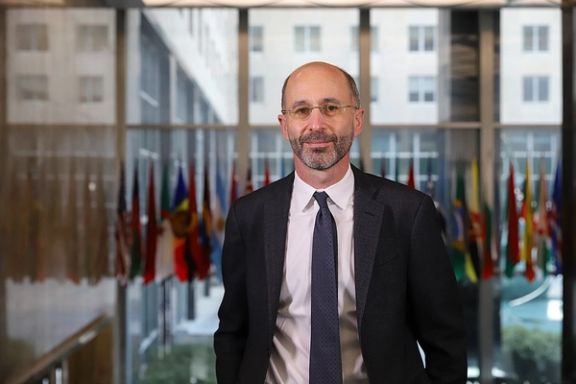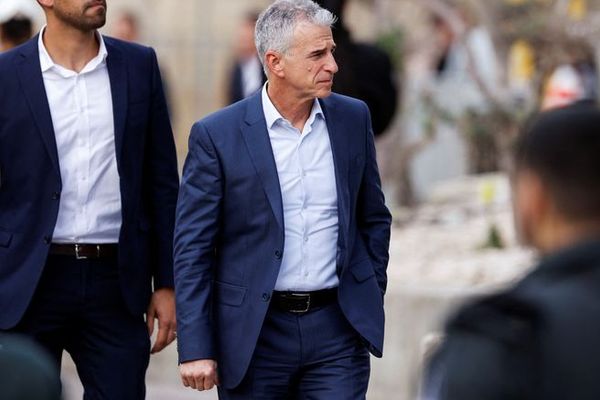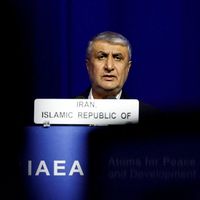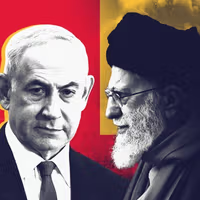“This is grass roots, this is bottom up,” Antony Blinken, the Secretary of State said in remarks tweeted by the State Department Tuesday, referring to protests that began mid-September. “This is a reflection of huge frustration and anger towards the direction of their country and their leadership. This is not made in the USA, it’s not made anywhere else…”
Malley told CNN on Monday that "Right now the talks on revival of JCPOA are not on the US agenda; the focus is on what's happening in Iran as the talks are stalled," adding that “Iran has taken a position in those talks for the past two months, which is simply inconsistent with a return to the deal.”
However, he insisted that “diplomacy is the way” to prevent Iran from acquiring a nuclear weapon, noting that “We will see whether this is a government that is interested in reaching a deal.”
Malley said Iran’s leaders should “stop pointing the finger at external actors who have nothing to do with what’s happening in their country and listen to their people…” President Ebrahim Raisi Sunday said the US was “inciting chaos,” while Iranian politicians have generally denounced foreign-based media and social-media operations.
Malley went on to say that in a struggle of “peaceful protestors” against “a government using brutal repression” there was “no doubt” where the US stood. Malley denied that the US sought “regime change [in Iran] instigated in the US.” He said Washington supported human rights in Iran “just as we support human rights of citizens across the globe.”
Malley also defended the approach of President Joe Biden in seeking to revive the 2015 Iran nuclear agreement, the JCPOA (Joint Comprehensive Plan of Action), arguing the talks were “stalled” because Tehran was “making demands that have nothing to do with the JCPOA.”










